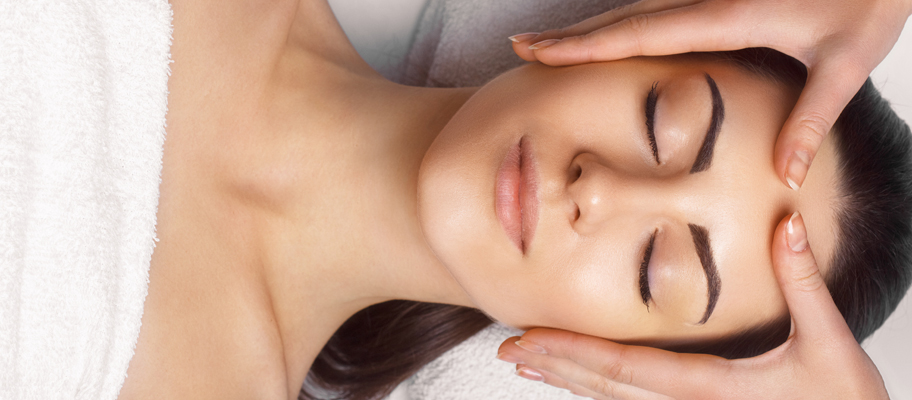In the fast-paced, technology-driven world we inhabit, the simple yet profound act of touch often takes a backseat in our daily lives. Enter the realm of massage—a therapeutic practice that not only rejuvenates the body but also nourishes the soul. The power of touch, as harnessed through the skilled hands of a massage therapist, transcends the physical, reaching into the realms of emotional and mental well-being. From Swedish to deep tissue, Thai to hot stone, the diverse array of massage techniques reflects the universality of human touch as a healing force. At its core, massage is a celebration of the body’s innate capacity to heal itself. As experienced hands rhythmically manipulate muscles and tissue, circulation is enhanced, promoting the efficient delivery of oxygen and nutrients throughout the body. This physical aspect of massage contributes to improved flexibility, reduced muscle tension, and alleviation of chronic pain. Beyond the tangible benefits, however, lies a cascade of emotional and psychological advantages.

Human touch triggers the release of oxytocin, commonly referred to as the love hormone, fostering a sense of connection, trust, and well-being. In a society characterized by digital communication and virtual interactions, the therapeutic touch offered by massage becomes a vital counterbalance. It serves as a poignant reminder that, despite our reliance on screens and devices, our bodies still crave the tangible, the real, and the immediate. The massage room, with its soft lighting, soothing music, and aromatic scents, becomes a sanctuary—a space where individuals can disconnect from the outside world and reconnect with themselves. Furthermore, the power of touch extends its reach to mental health, offering a respite from the relentless pace of modern life. Stress, anxiety, and depression are increasingly prevalent in today’s society, and massage emerges as a non-invasive, holistic approach to address these issues. The relaxation induced by 마사지 stimulates the parasympathetic nervous system, reducing the production of stress hormones and promoting a sense of calm.
In this oasis of tranquility, the mind can unwind, fostering mental clarity, focus, and emotional resilience. Moreover, massage serves as a powerful antidote to the epidemic of touch deprivation that many individuals experience. In a world where virtual interactions often dominate, the physical act of touch is diminished, leading to a deficiency in the human connection essential for our well-being. Massage, as a deliberate and therapeutic form of touch, helps bridge this gap, fostering a sense of comfort, security, and belonging. In conclusion, the power of touch, exemplified through the transformative practice of massage, has the capacity to elevate our well-being holistically. From the physical rejuvenation of muscles to the emotional and mental nourishment derived from human connection, massage stands as a testament to the profound impact of touch on our overall health. As we navigate the complexities of modern existence, let us not underestimate the simple yet profound power that lies in the healing touch of another.